
In the beginning of 1500’s, during the Portuguese conquests on Indian Ocean, Red Sea, and Arabian Gulf, a village on the edge of sea revolts against the Portuguese rule and conquer after years of oppression, In pursuit of freedom.
You May Also Like

The history of the Warsaw Ghetto (1940-43) as seen from both sides of the wall, its legacy and its memory: new light on a tragic era of division, destruction and mass murder thanks to the testimony of survivors and the discovery of a ten-minute film shot by Polish amateur filmmaker Alfons Ziółkowski in 1941.

This film tells Jean-Michel’s story through exclusive interviews with his two sisters Lisane and Jeanine, who have never before agreed to be interviewed for a TV documentary. With striking candour, Basquiat’s art dealers – including Larry Gagosian, Mary Boone and Bruno Bischofberger – as well as his most intimate friends, lovers and fellow artists, expose the cash, the drugs and the pernicious racism which Basquiat confronted on a daily basis. As historical tableaux, visual diaries of defiance or surfaces covered with hidden meanings, Basquiat’s art remains the beating heart of this story.
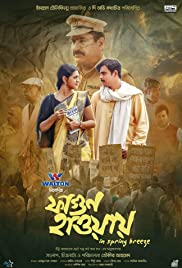
Fagun Haway is a Bangladeshi historical drama film based on the novel Bou Kotha Kou by Tito Rahman. This movie based on the language movement during 1952 in East Pakistan.
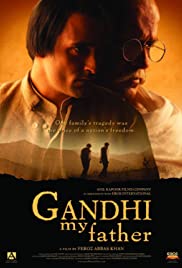
With Gandhi My Father, producer Anil Kapoor and director Feroz Abbas Khan have shed light onto Gandhi the person, rather than Gandhi the icon. Using Gandhi’s political career as a canvas, the film paints a picture of his intricate, complex, and strained relationship with his son Harilal Gandhi.
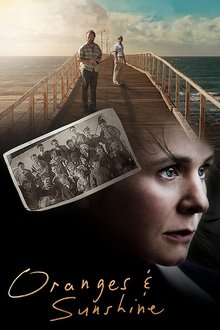
The story of Margaret Humphreys, a social worker from Nottingham, who uncovers one of the most significant social scandals in recent times – the forced migration of children from the United Kingdom to Australia and other Commonwealth countries. Almost singlehandedly, Margaret reunited thousands of families, brought authorities to account and worldwide attention to an extraordinary miscarriage of justice.
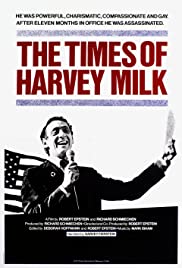
Harvey Milk was an outspoken human rights activist and one of the first openly gay U.S. politicians elected to public office; even after his assassination in 1978, he continues to inspire disenfranchised people around the world.
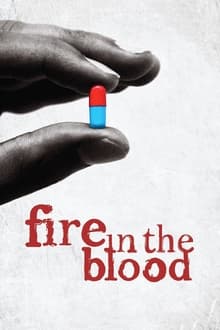
An intricate tale of “medicine, monopoly and malice”, FIRE IN THE BLOOD tells the story of how Western pharmaceutical companies and governments blocked access to low-cost AIDS drugs for the countries of the global south in the years after 1996 – causing ten million or more unnecessary deaths – and the improbable group of people who decided to fight back. Shot on four continents and including contributions from global figures such as Bill Clinton, Desmond Tutu and Joseph Stiglitz, FIRE IN THE BLOOD is the never-before-told true story of the remarkable coalition which came together to stop ‘the crime of the century’ and save millions of lives in the process.
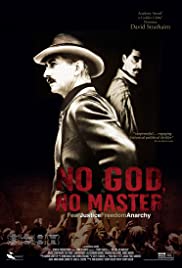
A plot to overthrow the United States government is uncovered in New York City in the summer of 1919 when William Flynn, a field agent for the Bureau of Investigation, is sent to investigate a bomb threat that has targeted some of America’s most powerful politicians and leaders of commerce, New York millionaire John D. Rockefeller, Sr. among them. Flynn’s investigation takes him on a journey into the underworld of homegrown terrorism and introduces him to a competitive culture of violence and murder. Greed, power, and politics are at the center of the story and Flynn must distinguish the villains from the merely discontented. Along the way, he discovers that terrorism has many faces and that a determination of guilt or innocence often lies in the psychology of fear that constricts individuals at every level of society. Sedona International Film Festival.
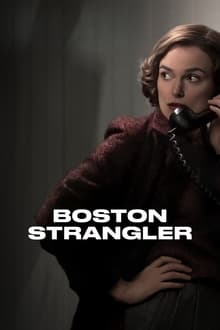
Reporters Loretta McLaughlin and Jean Cole bravely pursue the story of the Boston Strangler at great personal risk, putting their own lives on the line in their quest to uncover the truth.
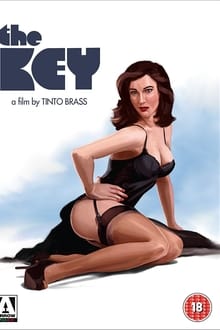
After twenty years of marriage, art professor Nino Rolfe attempts to break down his wife Teresa’s conventional modesty. Noticing her affection for their daughter’s fiancé, Nino instigates her sexual interest in him as well. This sets off a chain of unexpected events and emotional complications, as Nino and his unpredictable fascist daughter find that they both enjoy being jealous.
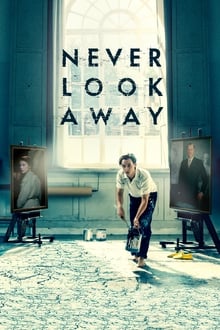
German artist Kurt Barnert has escaped East Germany and now lives in West Germany, but is tormented by his childhood under the Nazis and the GDR-regime.